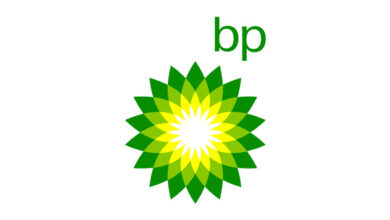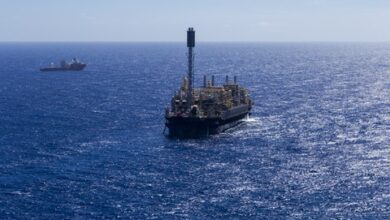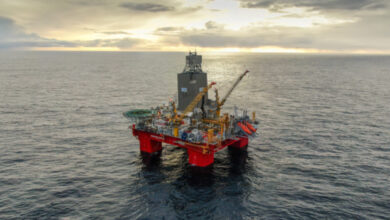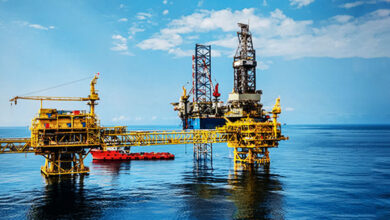Darus: Non-compromising attitude toward safety must emanate from top down
By Astrid Wynne, Contributing Editor
“The oil price is down. Nevertheless, whatever the commercial aspects of the industry, we must always remember that the safety of our people and the protection of the environment is of upmost importance,” Rohaizad Darus, President of UMW Oil & Gas, told attendees at the 2015 IADC HSE&T Asia Pacific Conference in Kuala Lumpur on 12 March. Having worked for two of the fastest-growing companies in Malaysia – UMW now and previously SapuraCrest Petroleum – Mr Darus shared his experience with “growing pains” and its effect on people management with respect to HSE.
Fleet expansion often comes with new technologies as higher-spec newbuilds are built. This means even experienced crew members may have to acquire new skills related to new equipment or technologies. For companies that are already experiencing growing pains, this leads to experienced staff being spread even thinner as companies work to integrate newer employees into the crews.
For companies expanding into new international markets, especially developing economies that mandate a high level of local content, the challenges can be particularly tough. “In certain countries, you don’t have the right people. Some of them don’t have experience of drilling, and others only onshore. There is minimum exposure to the offshore culture of health and safety,” he said.
Mr Darus also pointed out that while cultural diversity can have the beneficial effect of bringing new perspectives to existing teams, language diversity is an issue and must be managed properly. Single solutions do not always work, and companies should think more holistically. For example, a company can employ translators, but translators may not have the training to fully understand HSE materials. Companies may have to look to measures like pictorial diagrams and translation cards with key words.
It’s also critical to plan the integration of new employees carefully so that teams can function well while new staff members gain experience. There needs to be commitment on all sides to make it work, he explained.
Older and more senior staff should be encouraged to be open-minded toward new people, while younger or newer employees need to find the confidence to speak up. This can be particularly difficult in Asian cultures, Mr Darus said, where there is a tendency toward deference when speaking to older or more experienced people. This can be a problem when it comes to stop-work orders and requires an element of re-education. “When it comes to HSE, respect can only be earned and delivered if you’re alive,” he said.
UMW has a policy of reinforcing this non-compromising attitude toward safety from the top down. Mr Darus highlighted the necessity for senior management to lead a cultural change that extends outside the working environment into employees’ personal lives. “It’s not only the rig safety culture. It’s also basic safety culture… The target is personal because it is behavioral change.”
He encouraged senior management to seek out their staff everywhere on the rig, even in recreational areas and the galley, to talk to them about safety. UMW also screens a video featuring Mr Darus that all employees watch when they arrive on the rig. The message: “It’s OK to stop work. I will protect you. Everyone has the right to stop work.”




